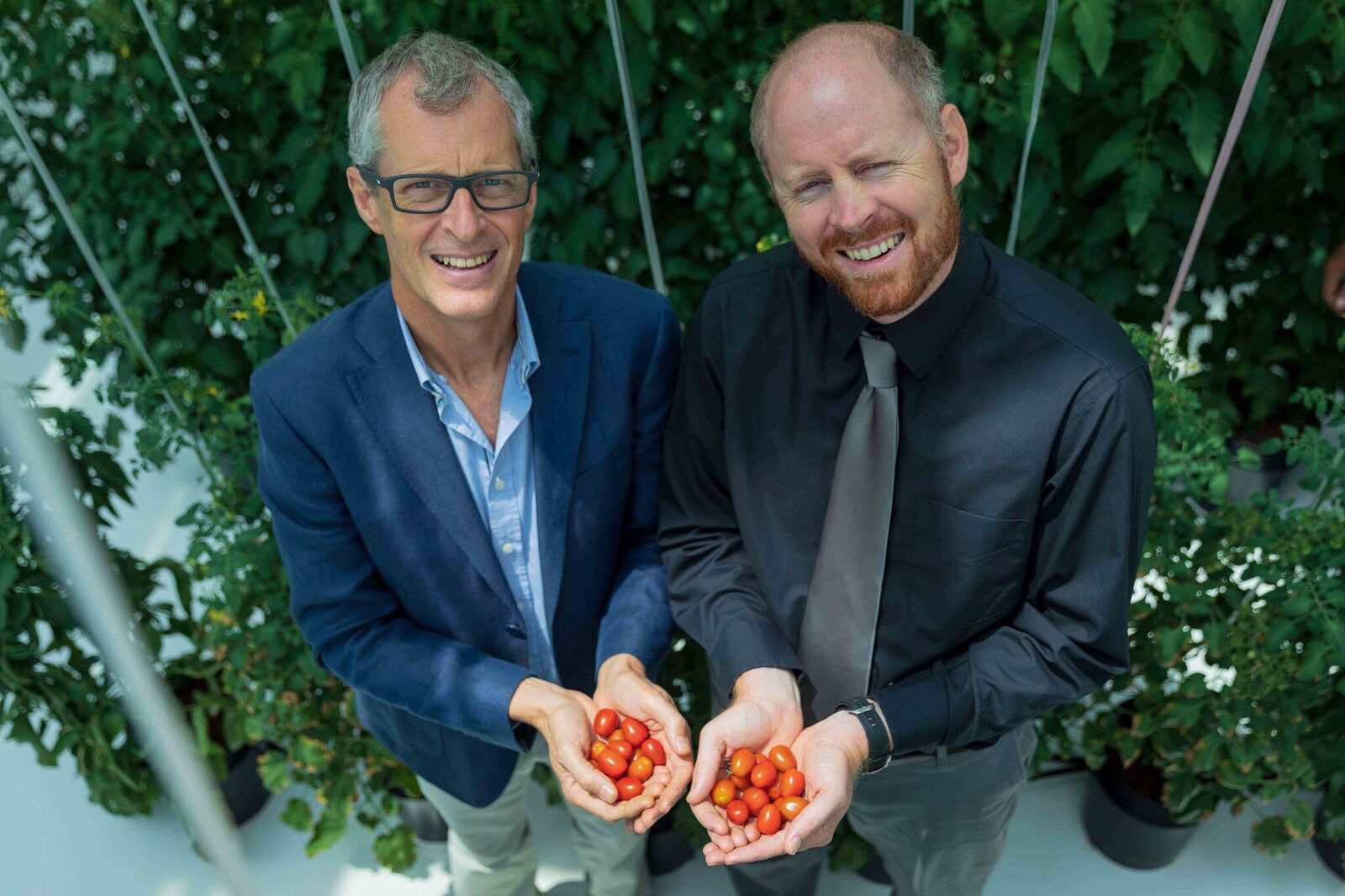Red Sea Farms, a Saudi Arabian startup developing saltwater-tolerant crops and saltwater-based greenhouses in the Middle East, has secured $1.9 million in funding.
The startup raised funding to build a 2,000 square meter saltwater greenhouse in Saudi Arabia comes from the country’s King Abdullah University of Science and Technology (KAUST) Innovation Fund and the Research Products Development Company (RPDC).
Building on six years of research at KAUST, Red Sea Farms is planning to produce 50 tons of tomatoes a year, starting in 2020. The tomatoes, which have high salinity tolerance, will be grown in up to 30% diluted seawater.
In addition to saving on freshwater requirements, Red Sea Farms say their production system makes the fruits exceptionally sweet, with high levels of vitamins and antioxidants.
The company’s ‘patent-pending system’ is also designed to be retrofitted into existing greenhouses to allow evaporative cooling with saltwater, to save freshwater. In this context, the company is aiming to retrofit 5% of Saudi Arabia’s greenhouses with the offer of a return on investment for farmers of less than two years.
“The Middle East is one of the most water-scarce regions of the world,” said Red Sea Farms’ co-founder, Mark Tester, adding that producers in the region often have to rely on unsustainable sources of water for irrigation, such as groundwater or desalinated water.
“Desalinated water requires large amounts of energy to produce which is costly; at least $1 for every cubic meter and with a high environmental impact.”
The engineering and plant science solutions developed by Red Sea Farms, can replace up-to 90% of the freshwater usually used in tomato production, according to the company.
The company further states that its system allows energy requirements to be reduced up to 10-fold in comparison to previous methods.
Kevin Cullen, vice president of KAUST Innovation and Economic Development, commented: “RPDC and KAUST share common interests in commercializing intellectual property and supporting high-tech startups in Saudi Arabia.
“This investment marks a shining example of the transition of KAUST academic research to commercial application, with the potential to revolutionize the future of food production in Saudi Arabia and the region.”
Abdulmohsen Almajnouni, RPDC CEO, added: “RPDC has a strong track record of bringing technology to market in Saudi Arabia and we look forward to supporting Red Sea Farms as they scale.”
This is the first co-investment between KAUST Innovation Fund and RPDC to support high-tech entrepreneurs in the Kingdom.





